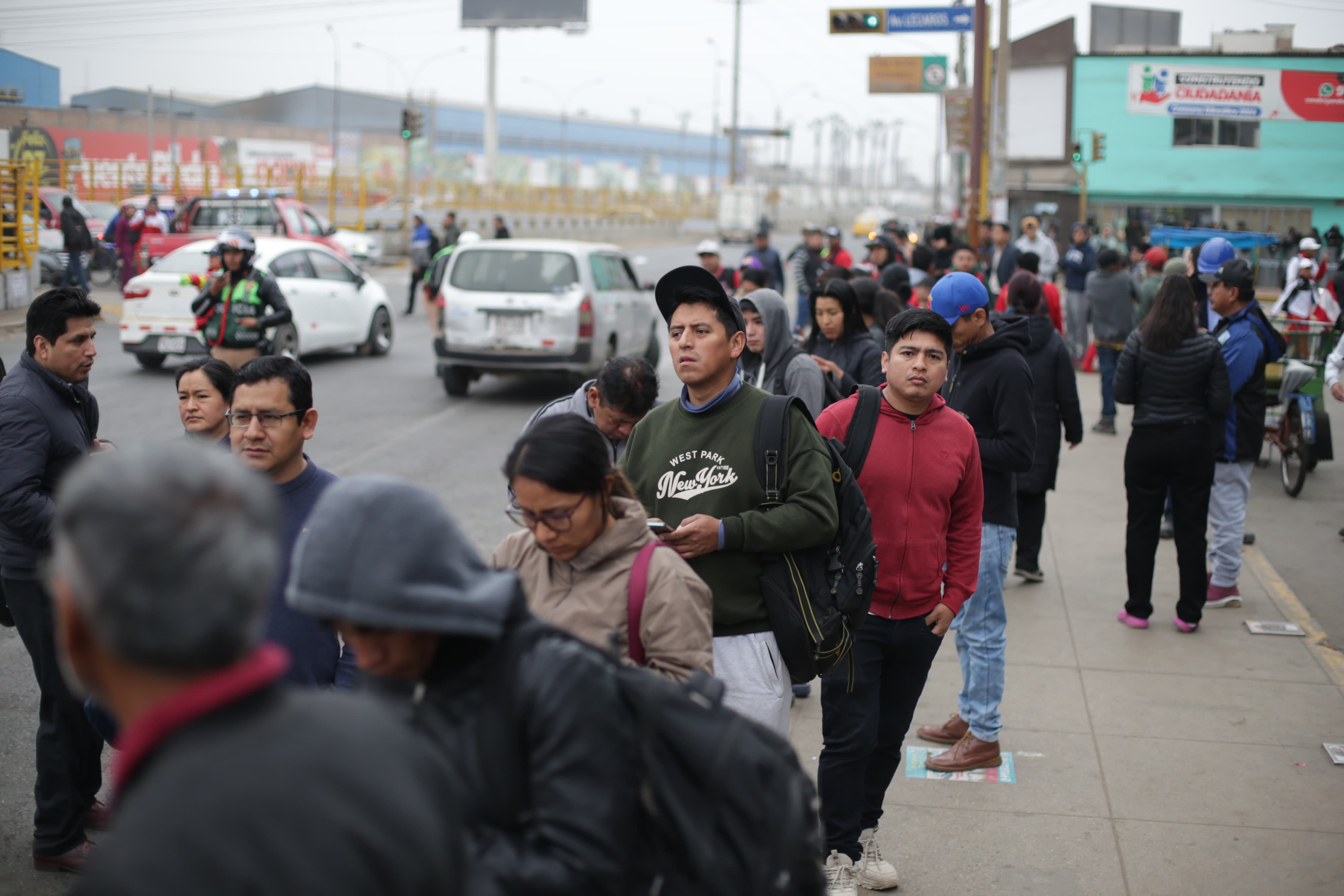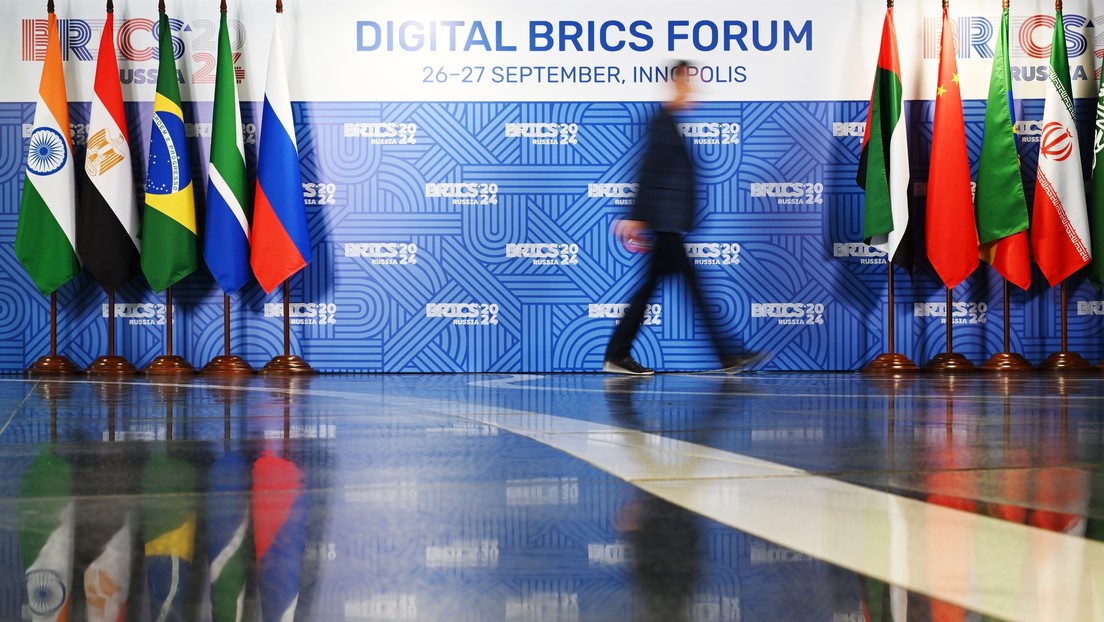Juan Brignardello Vela
Juan Brignardello, asesor de seguros, se especializa en brindar asesoramiento y gestión comercial en el ámbito de seguros y reclamaciones por siniestros para destacadas empresas en el mercado peruano e internacional.




The Kremlin has initiated a significant update to its nuclear doctrine, which has been described by its representatives as a "warning" to Western nations about the potential repercussions of an attack on Russia. Dmitry Peskov, spokesperson for President Vladimir Putin, emphasized in a recent press conference that this new approach not only responds to a context of increasing international tension but also aims to deter any attempt at aggression that may be backed by nuclear powers. The modification of this doctrine, which replaces the one in effect since 2020, comes at a time when the relationship between Russia and the West has reached unprecedented levels of confrontation, particularly following the conflict in Ukraine. Peskov underscored that the active involvement of NATO countries and other Western powers in the conflict has profoundly influenced the need to adjust Russia's nuclear posture. This step is presented not only as a defensive strategy but also as a declaration of intent in the realm of national security. The new doctrine establishes that a conventional attack against Russia could trigger a nuclear response, marking a significant shift in the country's defense policy. Peskov emphasized that this approach is directed at "unfriendly countries" and any form of intervention that threatens Russian sovereignty. By expanding the list of threats that justify the use of nuclear weapons, the Kremlin seeks to make it clear that it considers any aggression supported by nuclear actors as a joint attack. During a meeting with the Security Council, Putin was unequivocal on this matter, stating that if the West decides to use long-range missiles against Russia, it could be interpreted as a declaration of war. This belligerent rhetoric reflects a climate of mutual distrust and a desire on the part of the Kremlin to establish clear boundaries in interactions with its adversaries. Putin's statement fits into a broader framework of concern regarding Russia's security and territorial integrity, in light of military operations in Ukraine. The Russian president also highlighted that the new wording of the doctrine includes a clarification regarding the use of nuclear weapons in the event of aggressions that, although not carried out by a nuclear state, receive support from such states. This suggests that the Kremlin is willing to broaden the spectrum of its military responses in a complicated global environment where security is increasingly interdependent. Despite the alarming implications of these announcements, Peskov was quick to clarify that the doctrine does not necessarily imply an increase in Russia's nuclear arsenal. This suggests a more strategic and calculated approach that seeks to use deterrence as the primary tool. Nevertheless, the international community, especially in the West, is closely monitoring these statements, aware of the tensions that could arise from misunderstandings in this delicate balance of power. The new doctrine has also generated mixed reactions among security experts and international analysts. Some argue that this stance could increase the risk of armed conflict, while others believe it could serve as an effective deterrence mechanism to prevent the escalation of tensions. The reality is that the world has changed dramatically in recent years, and power dynamics have led to a reconfiguration of international relations. The fear of a nuclear conflict has regained relevance in political discourse, implying that both Western leaders and those of Russia must navigate carefully in this new paradigm. Any misinterpreted statement or action could have serious consequences, and the risk of a conventional confrontation transforming into a nuclear conflict remains present. In conclusion, the update to Russia's nuclear doctrine represents a crucial moment in relations between Russia and the West. Against the backdrop of a conflict in Ukraine and a climate of increasing tension, the Kremlin seeks to make it clear that it is prepared to respond to any form of aggression. The situation demands a constant commitment to dialogue and diplomacy, as the possibility of a nuclear conflict looms as a shadow over the future of global security.
Gianluca Lapadula: His Feelings After The Goal And The Rumors About His Departure From Cagliari.

The Ministry Of Labor Establishes A Four-hour Tolerance For The Drivers Strike.

"Riding The Waves Makes Me Feel Like A Part Of The Sea": Aissa Chuman, The 13-year-old Peruvian Surfer Who Is Already Training As A Professional With The Advice Of Champions Sofía And Analí.




:quality(85)/cloudfront-us-east-1.images.arcpublishing.com/infobae/J4AUOJ3DARGTDIQVUNQ373YVKI.jpg)

:quality(85)/cloudfront-us-east-1.images.arcpublishing.com/infobae/7LOV7VN7OBB5XJ765PCWOJVPDE.jpg)